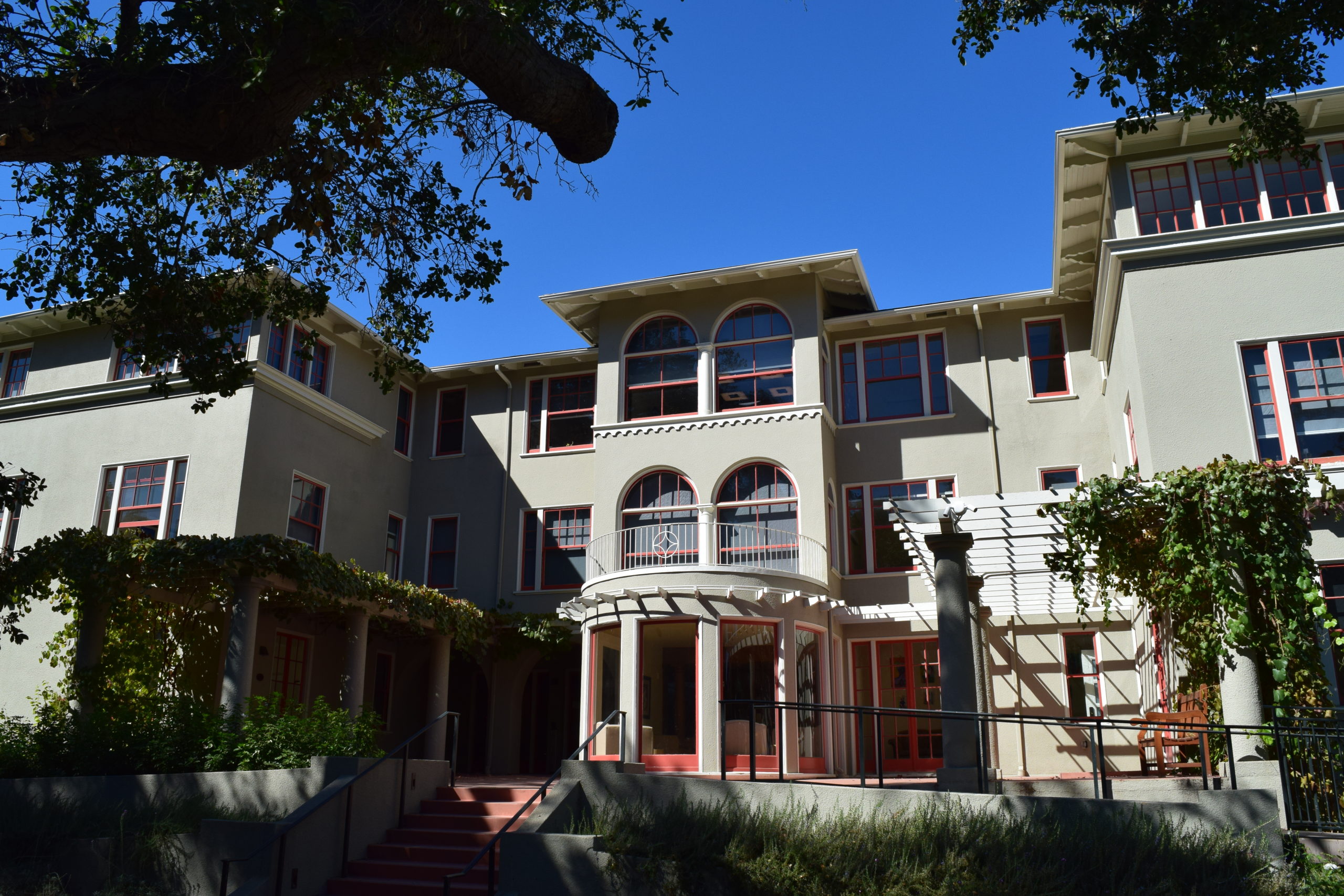Content warning: This article contains references to sexual violence.
At its Tuesday meeting, the Undergraduate Senate (UGS) questioned University officials about the details of a new campus climate survey that will assess the attitudes and current climate around sexual harassment and violence.
It is the first time the University will send out a survey like this since the 2019 Association of American Universities (AAU) Campus Climate Survey.
The survey, which is now called the 2024 Higher Education and Sexual Misconduct and Awareness (HEMSA) Survey, will be sent out to undergraduate and graduate students, and collect responses from April 30 to May 30. Results will be released in the fall. Stanford is one of 10 universities participating in this survey, with other schools including Harvard and Yale University. The survey is designed, administered and reported by a third party to ensure impartiality.
Stanford’s 2019 AAU Survey had a 62% response rate, the second highest of all 30 universities that participated in the 2019 study.
“One of the things we’ve heard in all of these meetings we’ve been doing is [sexual violence prevention] does not have the same level of prominence on campus that maybe this issue had in 2019,” said Brian Cook ’01, senior director of assessment and evaluation at the University’s Institutional Research & Decision Support (IR&DS), at the meeting. “There’s a lot less understanding post-COVID about these types of rates.”
While Cook could not speak to any tangible policy changes since the 2019 survey, he did note the cultural impact of the survey on campus.
“There was a moment where, at least for a few months, everyone was looking at the numbers and realizing the extent and the severity of the problem at Stanford,” Cook said.
A few weeks after the 2019 AAU Survey results were released, Stanford Title IX Office’s then-coordinator Jill Thomas resigned.
Cook also mentioned that the Title IX Office was reorganized into the Sexual Harassment/Assault Response & Education (SHARE) Title IX Office following the release of survey results. The changes were also made following new Title IX regulations by former Education Secretary Betsy DeVos in May 2020.
Campus discourse on sexual violence was also shaped by Chanel Miller’s memoir “Know My Name,” which was released shortly before survey results. The memoir chronicles Miller’s experiences navigating her sexual assault case against former Stanford student Brock Turner.
Following the release of her memoir, students and faculty urged the University to place a quote chosen by Chanel Miller on a plaque on campus. The University rejected the initial quote Miller chose. A club on campus was also started around the book and students sent petitions to include “Know My Name” in the frosh Three Books program.
In light of the HEMSA survey starting this spring, UGS Co-Chair Diego Kagurabadza ’25 noted that the UGS rescinded their own survey soliciting feedback on the SHARE Title IX Office.
“We are excited to have this kind of effort going on very soon, so we can have some information to look back to,” Kagurabadza said.
Additionally, the senators passed a resolution on Tuesday evening to confirm the 2023-24 assistant elections commissioners. The bill initially included a nomination for the election commissioner, but the nominee withdrew his nomination.
The assistant election commissioners for the upcoming election cycle are Amira Dehmani ’24, Leon de Souza M.S. ’24 and Viswajeeth Karthikeyan ’27.
Senators also reviewed old bills, one on a joint resolution institutionalizing airport service shuttles and another to establish “standing ex-officio positions.” Votes on both were postponed.
The University “is for sure in support of institutionalizing the service, but it’s a matter of getting all three of us — ASSU, [Students for a Sustainable Stanford] and the Office [of Sustainability] — on the same page right now in terms of the bill,” said Senator Ivy Chen ’26.
In her update, Chen also said she will meet with the Provost to discuss extending the hours at Green Library.
“The way I like to think about this is that it’s like a marathon,” Chen said. “Last mile is just meeting the provost. Hopefully, this initiative will basically blossom into action after that meeting.”
